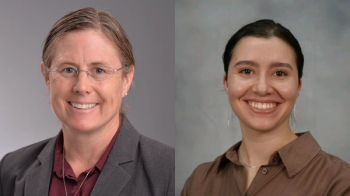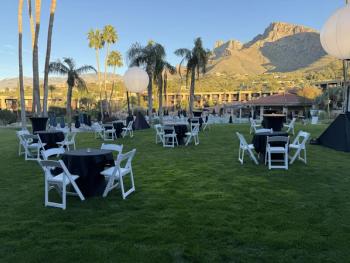
Call for Nominations: 2022 SAS Atomic Spectroscopy Student Award
The Atomic Spectroscopy Section of the Society for Applied Spectroscopy (SAS) is seeking nominations for the 2022 SAS Atomic Spectroscopy Student Awards.
The Atomic Spectroscopy Section of the Society for Applied Spectroscopy (SAS) is seeking nominations for the 2022 SAS Atomic Spectroscopy Student Awards. These awards will be given to undergraduate and graduate students who have excelled in the area of atomic spectroscopy.
Selected students will be required to present their work as an oral presentation at SciX 2022, which will be held in Greater Cincinnati, Kentucky, USA, October 2–7.
The 2022 SAS Atomic Spectroscopy Student Awards will come with travel assistance greater than $500 and a two-year SAS membership after graduation.
To apply or recommend a student, please submit the following materials:
- letter of recommendation from the student’s academic advisor
- the student’s current resume/CV
- a scientific abstract for the work he or she will present if selected.
These application documents should be emailed to Derrick Quarles and Ben Manard at
Students that submit an application for the award must be current SAS members or register at the time of submission. (Online student membership is $30 USD). Student memberships can be completed online by clicking
If you have any questions, please feel free to contact us at:
Newsletter
Get essential updates on the latest spectroscopy technologies, regulatory standards, and best practices—subscribe today to Spectroscopy.




